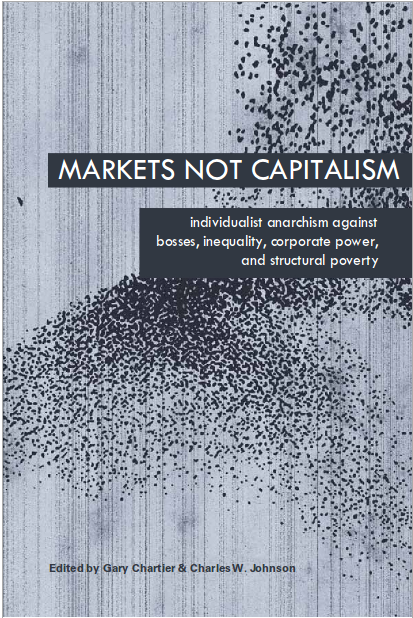The Age of Bronze

As we approach the New Year, we naturally think of ends, and of beginnings; what has changed, and what we have lost. So hey, libertarians, let’s all get together and feel sorry about the golden age of Limited Government and Individual Liberty we have lost. Remember the ancient liberties that we all enjoyed only 60 years ago, back in the 1950s? Back when all military-age men were subject to the draft, people were being interrogated before a permanent committee of Congress over their political beliefs, the FBI was conducting massive illegal wiretapping, surveillance and disruption against nonviolent civil rights activists, the National Security Agency was established as a completely secret surveillance arm of the federal government, it was illegal for married or unmarried women to buy basic birth control, it was made illegal for anyone to buy any scheduled drug without a doctor’s prescription, government was conducting medical experiments on unwilling human subjects[1], Urban Renewal was demolishing the core of every major U.S. city to build government highways and housing projects, and massive community-wide immigration raids were terrorizing undocumented migrants throughout the Southwest.
Or like back in the 1940s when government spending was over 50% of GDP, nearly the entire consumer economy was subject to government rationing, Japanese-Americans were forced into internment camps, and a secret government conspiracy was building an entire network of secret cities in order to build atomic bombs to drop on civilian centers.
Or like back in the 1930s when the entire institutional groundwork of the New Deal was being implemented, Roosevelt was making himself president-for-life, government attempted to seize all gold or silver bullion in private hands, the federal government first instituted the Drug War, Jim Crow was the law of the land, Congress created the INS, Jews fleeing the incipient Holocaust in Europe were being turned away by immigration authorities, and psychiatrists were using massive electric shocks or literally mutilating the brains of women and men confined to asylums.
Or like the 1920s when it was illegal to buy alcoholic drinks anywhere in the United States, tariff rates were nearly 40% on dutiable imports, Sacco and Vanzetti were murdered by the state of Massachusetts, the Invisible Empire
Second Era Klan effectively took over the state governments of Colorado, Indiana, and Alabama, hundreds of black victims were massacred in race riots in Tulsa and Rosewood, when Congress created the Federal Radio Commission[2], the US Border Patrol, passed the Emergency [sic] Quota Act of 1921 and the Immigration Act of 1924, and the Supreme Court of the United States upheld the authority of the state to forcibly sterilize women deemed “feeble-minded” or “promiscuous” for eugenic purposes.
Or the 1910s, when the federal government seized control of foreign-owned companies to facilitate production of chemical weapons, imposed the first-ever use of federal conscription to fight an overseas war, invaded Haiti, Nicaragua, the Dominican Republic, Honduras, Mexico[3], Russia, and Europe, passed criminal anarchy and criminal syndicalism statutes, tried and convicted hundreds of people for belonging to radical unions, imprisoned hundreds of people for protesting the draft during World War I (ordered by the President of the United States and upheld by the Supreme Court in one of its most radical anti-free-speech decisions), deported hundreds of people solely for holding anti-state political beliefs, the Mann Act made it illegal to “transport women across statelines for immoral purposes” [sic], the Colorado National Guard machine-gunned and burned alive striking miners and their families in order to break a UMWA organizing campaign, and Congress created the Federal Reserve, the Income Tax, the Espionage Act, and the Sedition Act.
Or maybe like the 1900s. . . . .
- [1]See also the biological and radiological experiments documented here, and the Guatemala syphilis experiment conducted from 1946-1948.↩
- [2]Created in 1926; later converted into the Federal Communications Commission in 1934.↩
- [3]In 1914, and then again in 1916-1917↩
